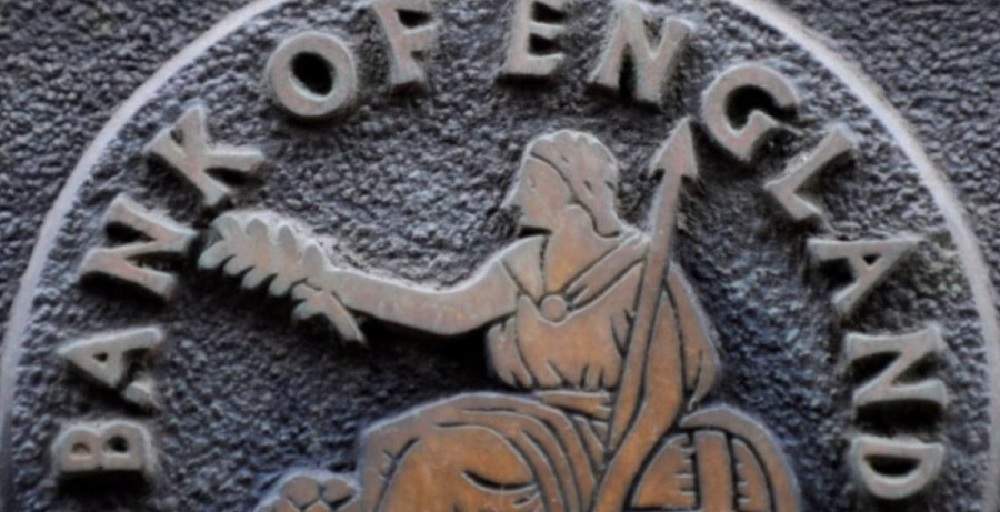
UK interest rates have been held at 0.5% once again by the Bank of England. All nine members of the Bank's Monetary Policy Committee (MPC) voted to keep rates at their record low, where they have now been for seven years.
The decision to freeze rates comes amid worries about global growth and uncertainty ahead of the EU referendum, according to BBC.
The Bank said uncertainty in the run-up to the referendum on EU membership - to be held on 23 June - had hit sterling, and that UK economic growth could slow.
"There appears to be increased uncertainty surrounding the forthcoming referendum," policymakers said.
Bank governor Mark Carney recently highlighted some benefits of the UK's EU membership, but said the Bank would not comment on the long-term implications of an exit.
Chris Williamson, chief economist at financial information firm Markit, said the rate decision was "no surprise".
He added: "The Bank highlighted how uncertainty regarding the June vote on the UK's membership of the EU is exacerbating wider concerns about the domestic and global economic outlook.
"Policymakers noted how spending by businesses and overall demand in the economy could weaken as a result of the intensifying Brexit fears, which would worsen an already shaky start to the year."
Once again the Bank said that interest rates were more likely to rise than not over the coming two years, and that any rises would be gradual.
Some analysts have suggested that the Bank might cut rates during the coming months as it looks for new ways to revive the UK economy.
But Mr Carney has previously said it would not follow the Japanese and European central banks by introducing negative interest rates.







